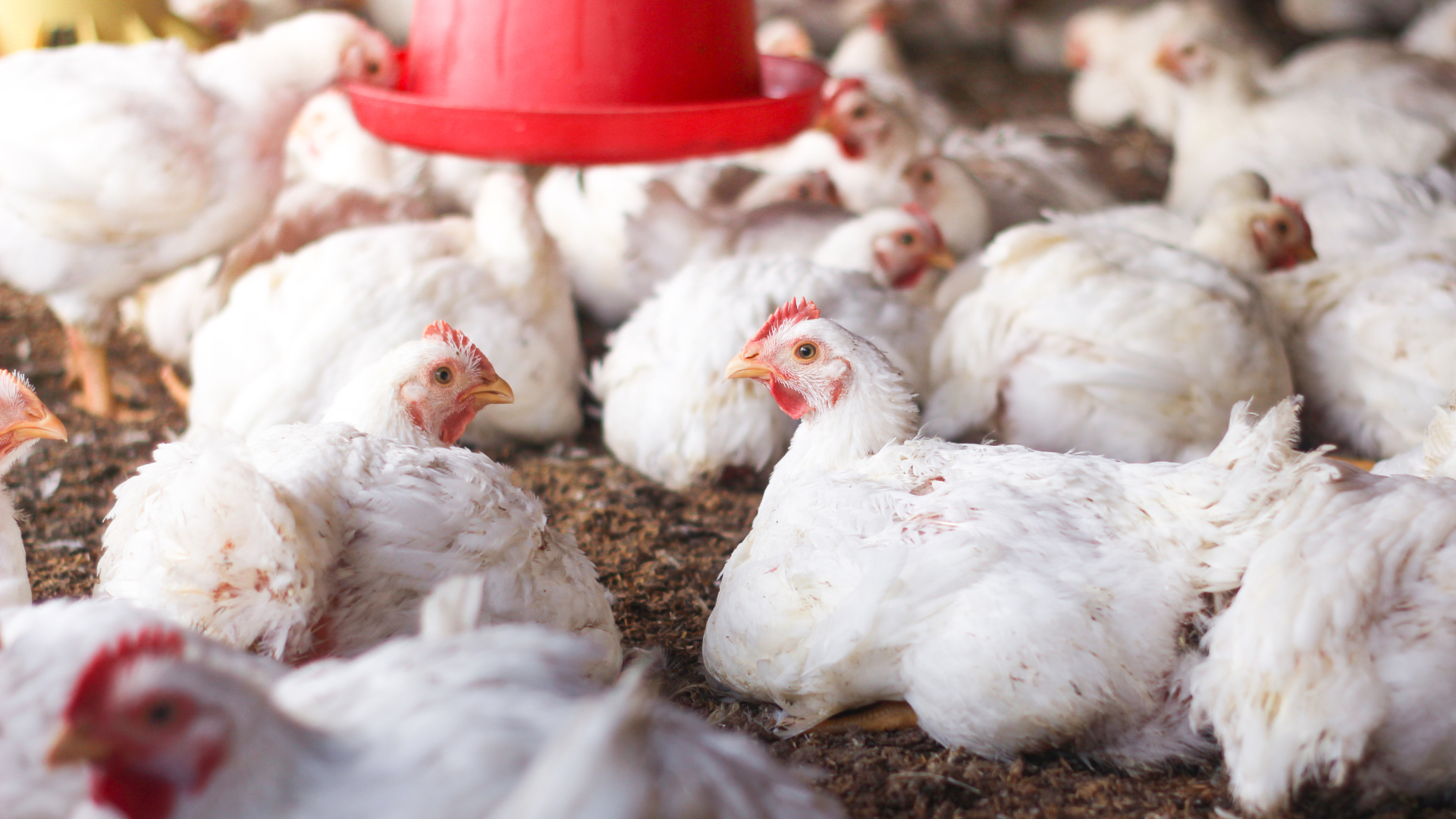Since kosher certifications lack purview over how animals are bred, treated, and handled prior to slaughter, a third party auditor is one way to verify that farms meet higher welfare standards. Unfortunately, no third party certification currently includes comprehensive standards for kosher meat products, and therefore no kosher meat products are certified as higher welfare. It should be noted that these hypothetical certifications aren’t necessarily a silver bullet, either—even in the non-kosher market, third party certifications increasingly function to benefit corporate interests over animals, workers, and consumers.
One possible solution is vertical integration. Kosher companies that have control over different levels of production, beginning with breeding, also wield more control over their operations, and could theoretically make improvements internally. In the past, JIFA has attempted to work directly with vertically integrated kosher producers such as Empire to commit to higher husbandry standards. In 2017, we urged them to adopt equivalent standards to Global Animal Partnership’s Step 2, which would have provided chickens with an “enriched” indoor environment that enables them to engage in more natural behaviors such as perching. Note that this level of husbandry did not necessarily include any outdoor access, which is only required by GAP’s Step 3 and above. Empire ultimately refused, spurning a commitment to even this minimal improvement to welfare.
The kosher meat market’s entanglement with factory farming, while lamentable, is simply a sign of the times. Factory farms are by and large what supply meat to consumers in the 21st century, but of course it wasn’t always this way. Like nearly all animal farming in the United States, factory farming kosher animals is a relatively new phenomenon. Increased industrialization and corporate consolidation over the past century have fundamentally changed what kosher means today, and methods of breeding and raising animals for kosher and non-kosher markets are almost, if not entirely, indistinguishable.
Meanwhile, companies work to keep costs low and extract as much profit from animals and workers as possible, using kosher’s reputation and deceptive claims to obscure the differential between on-farm practices and shoppers’ expectations. As a result, well-intentioned kosher-keeping households unknowingly purchase factory farmed meat, dairy and egg products. Until kosher farming practices change, many Jewish leaders believe it’s up to us to ensure that we stop supporting factory farming, and that we re-commit ourselves to Jewish values by employing relatively simple shifts to what we buy and serve in our communities. One of the easiest strategies is implementing plant-based defaults, but there are countless ways to shift to more humane eating practices. We’d love to help you get there. Write to us with any questions you may have, and together we can work toward a more just Jewish communal practice.




